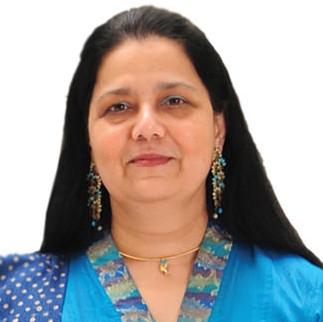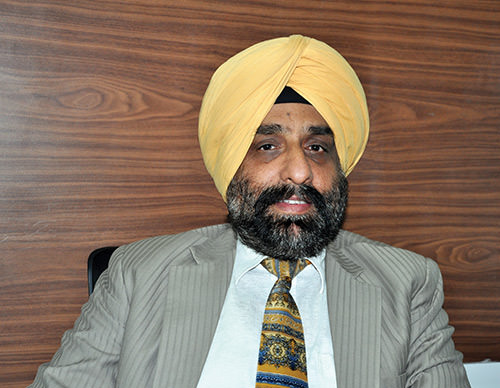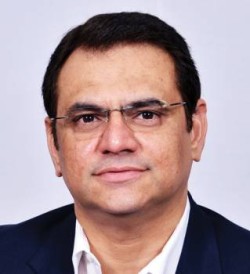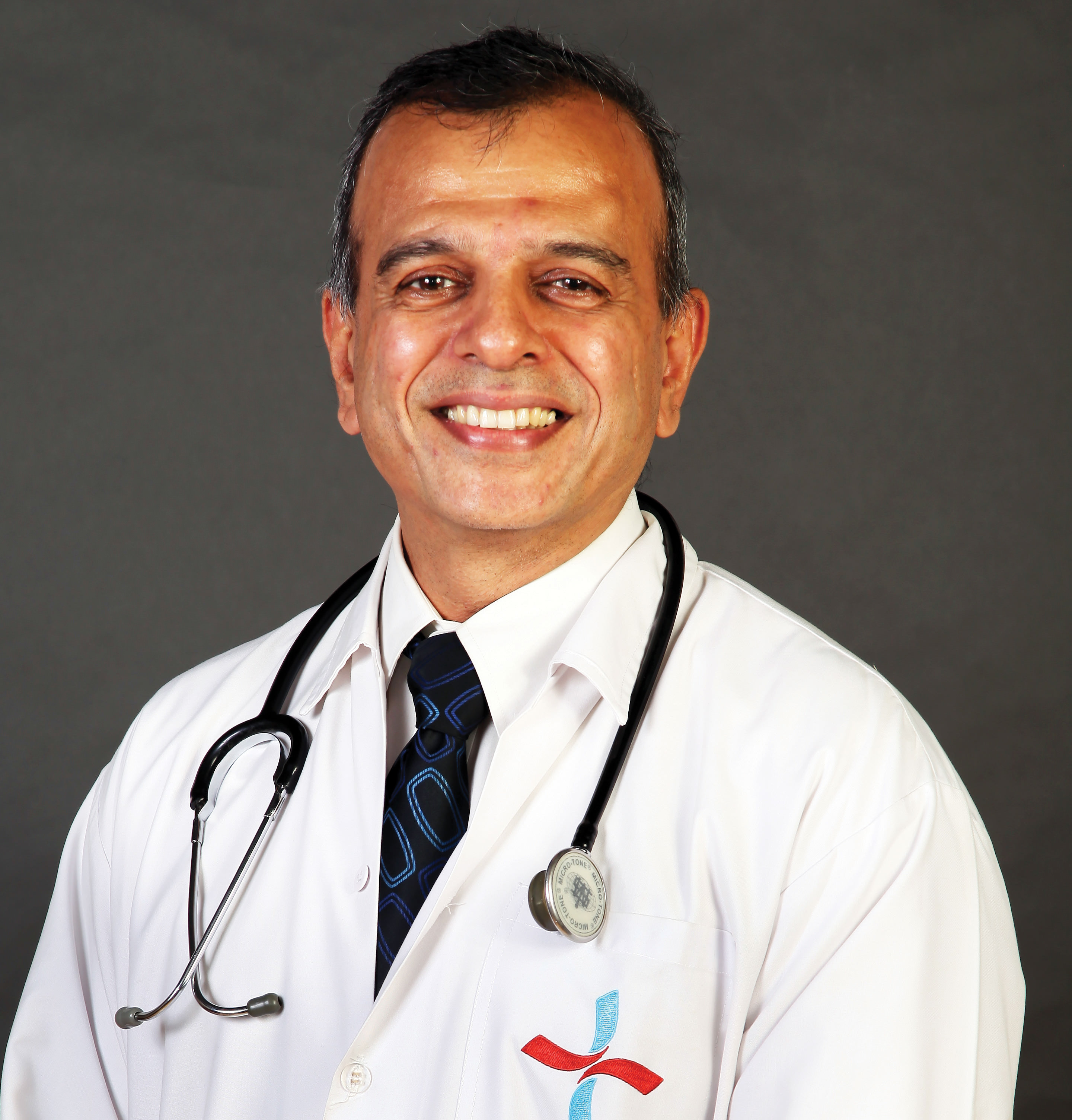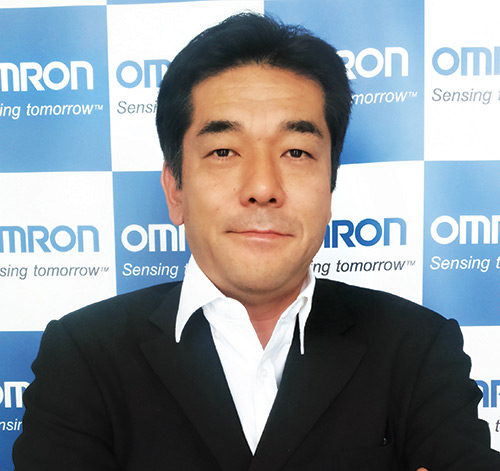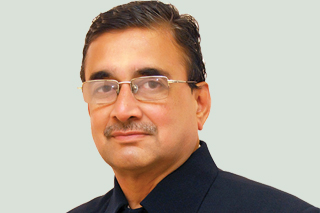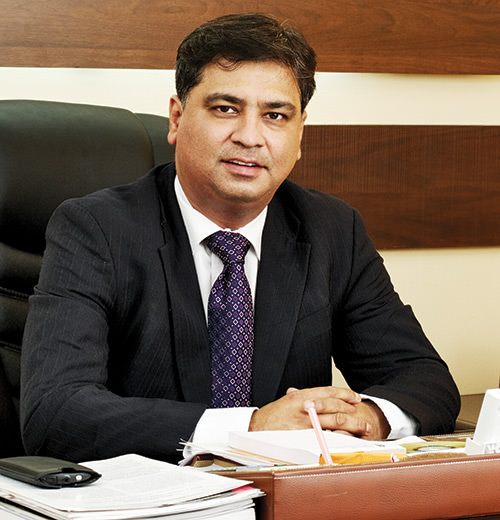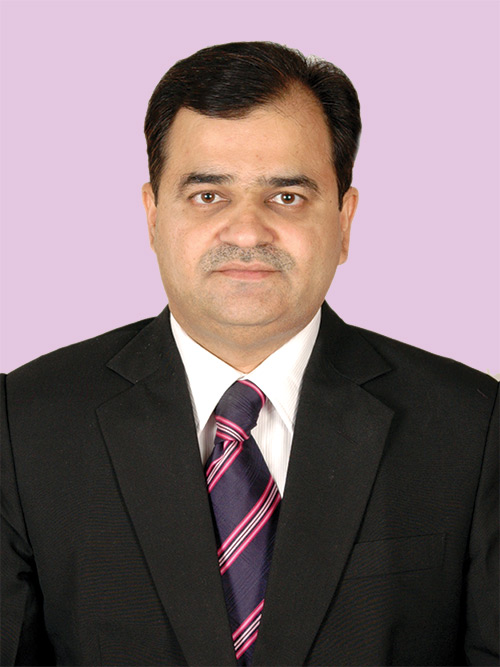
In its thrust to provide affordable healthcare, Bombay Hospital has gone beyond its obligations and ventured into other cities a well. ENNs Nikita Narvekar charts this journey in a conversation with Dr Rajkumar V Patil, Joint Director, Medical Services, Bombay Hospital
Please tell us something in brief about the hospital.

Bombay Hospital Trust was constituted in the year 1952 as Public Charitable Trust. It has been aimed at providing the same medical care which a rich person gets, to the poor patient. Rameshwardas Birla was the person who initiated the thought and since then our philosophy has been the same- to provide same quality of treatment to every one, irrespective of whether they can afford it nor not.
Bombay Hospital has a unique proposition. It is a self-generated revenue model as there are no grants received from the government and donations have dried out over the years. We generate our own revenues from patients and this money is later used for subsidizing the treatment for the poor and the one s who cannot afford high medical expenses.
You mentioned community services, what does Bombay Hospital do to provide such services?
We have 720 beds which are fully operational. Out of these, 300 beds are in the general ward. In the general ward, there are no bed or doctor charges. Also, the Nursing Service, Resident Doctors, paramedic services are provided to the patients for free. Even the food is free. The patient only pays for investigation which is heavily subsidized and the material and medicines.

What is the next phase for Bombay Hospital?
Bombay Hospital as a trust did not have an obligation to expand, but we still endeavoured in expansion to provide better healthcare services to other cities. So we started Bombay Hospital Indore in 2003 and within a short span of 10 years, it has become a referral centre for central India. It is the only hospital in Madhya Pradesh to have NABH accreditation. We are now constructing a hospital at Jaipur which will be called Bombay Hospital Jaipur. This should be completed in three to four years time. As a trust, our philosophy is to provide affordable health care to all. Since all patients cannot travel to Mumbai for treatment, we provide the same level of treatment in other cities as well.
Tell us about the latest equipments that you deployed for treatment of patients in the hospital.
The latest equipment that we have bought is the PET CT Scan which is an expensive equipment to detect cancer at an early stage. As demand for imaging is increasing, we have also added two, 3 Tesla MRI machines which are available in very few hospitals, and their images are of the highest quality. Also we are very focused on technology and hence constantly upgrade the machines and equipments used in the hospital.
What are the initiatives Bombay Hospital has taken for medical training and education?
Our core activity is patient health and patient care but we do emphasize on medical education as well. The Bombay Hospital Institute of Medical Sciences started in 1988 and has completed 25 years. We offer super- speciality courses such as DM and MCH and Post Graduate courses like MD, MS and DNB. Bombay Hospital Institute of Medical Sciences (BHIMS) is affiliated to Maharashtra University of Health Sciences (MUHS) and recognized by the Medical Council of India (MCI), and all admissions are purely on merit.
“We do not believe in franchise models. We want to carry forward the crux of our hospital which was formed in 1952. We want to extend to other cities and states but only on the basis of our model”
What are your initiatives on accreditation and collaboration strategies?
Apart from accreditation, we follow its norms for all departments like facilities, infrastructure, protocols and procedures, etc. We seek every minute detail. We do not want to follow the norms just for the sake of accreditation and certification, but for gearing and training every person who works in Bombay Hospital. When our people are trained, they will be able to deliver better services to the patient and this is what we emphasize on.
How do you look at the opportunities in Tier II and Tier III cities in healthcare?
Ours is a totally different model. We aim to build institutions; that is, we want to have multi-speciality hospitals with training facilities for doctors, nurses etc. We are not looking at expansions in terms of small hospitals, nursing homes and such collaborations.
With the advent of IT, how do you look at the use of IT in the healthcare sector?
There is no doubt that technology has advanced in the medical field. It has developed to such an extent that perhaps medical practitioners have not been able to match the pace. We ourselves have been trying to catch up with the technology because today there are techniques which can do wonders. Today, you have imaging on smart phones from wherever you are. We are taking steps to advance technologically. We are taking efforts to train every person associated with the hospital, but there is a lot to do to keep up pace with the technology.
Now that the new government has ushered in, what are your expectations for the health industry?
I hope that the government provides some relief to hospitals in terms of subsidies on the charges of electricity, water and such other facilities. These are the basic requirements and since hospitals contribute towards the soci- ety, a little help in these sectors would be great. We do not want things for free, but at least at a subsidized rate.
What are your views on the existing government schemes?
Rajiv Gandhi Yojana (RGY) is good, no doubt, we have other schemes as well, but what we need is a common scheme for all the hospitals. For example, there is a scheme for poor patients which provides completely free treatment to those with an annual income of less than 50,000 and also for people belonging to the weaker sections.
How do you look at the emergence of medical tourism?
It has emerged considerably.I had predicted this a few years ago and I believe that medical tourism will be the answer for quality and affordable health care for everyone.
Be a part of Elets Collaborative Initiatives. Join Us for Upcoming Events and explore business opportunities. Like us on Facebook , connect with us on LinkedIn and follow us on Twitter , Instagram.


